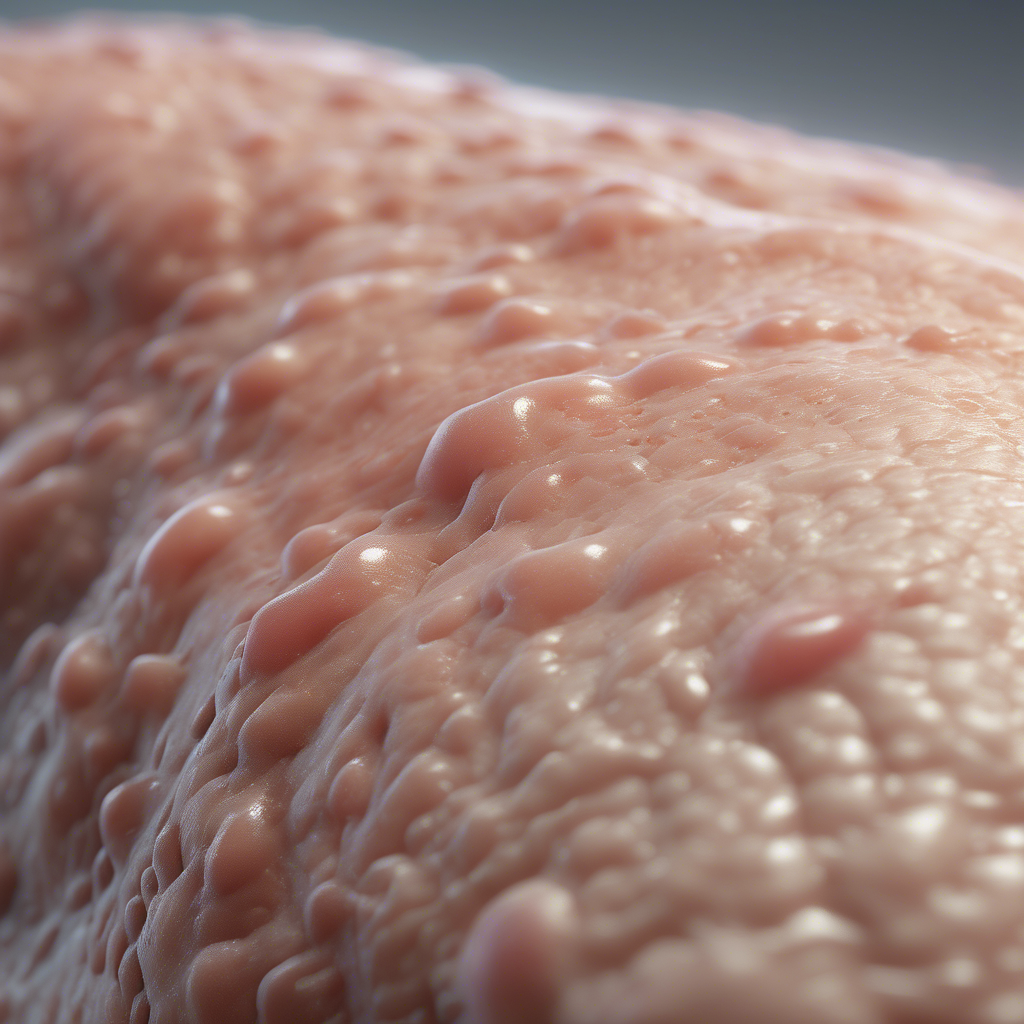
In the ever-evolving world of medical technology, a breakthrough has been achieved that promises to revolutionize how we detect one of the most common yet potentially deadly cancers—skin cancer. Researchers have developed an advanced artificial intelligence (AI) algorithm capable of analyzing dermoscopic images with extraordinary precision. Dermoscopy involves taking detailed photographs of skin lesions using specialized equipment, and this AI system can sift through these images to identify malignant tumors with an astonishing 95% sensitivity rate. This means the AI correctly detects 95 out of every 100 cancerous cases, marking a significant leap in accuracy over many existing diagnostic methods. Considering that skin cancer remains a global health challenge, with millions diagnosed each year, early and precise identification is vital for improving treatment outcomes and saving lives.
Traditionally, dermatologists have been the frontline detectives in identifying skin cancer, relying on their trained eyes and experience to evaluate suspicious lesions visually. While dermoscopy has enhanced their capabilities by providing a magnified look at skin features beneath the surface, diagnosis can still be subject to human limitations. Variability in clinician assessments and subtle differences in lesion appearance can sometimes result in delayed or missed diagnoses. This is where AI steps in as a game-changer. By applying deep learning—a subset of machine learning that mimics neural networks in the human brain—the algorithm can process complex visual data to detect minuscule patterns and textural clues that may escape even the most experienced dermatologists. The consistency and objectivity offered by AI eliminate much of the guesswork, leading to a more standardized and reliable detection method.
What makes this new AI system particularly exciting is not just its high sensitivity, but its potential to democratize healthcare. Many regions worldwide, particularly rural or underserved areas, face shortages of specialist dermatologists. Patients in these locations often experience delayed diagnoses due to limited access to expert evaluation. Integrating the AI algorithm into routine skin screenings could provide front-line healthcare providers with a powerful diagnostic assistant, bridging the gap caused by geographical and resource constraints. Clinics without specialized equipment or expert personnel might leverage this technology through smartphone apps or portable dermatoscopes connected to AI software, making early skin cancer detection more accessible than ever before.
It's important to stress, however, that AI in medical diagnostics is designed to complement and augment human expertise, not replace it. Experts emphasize that while the algorithm offers a robust second opinion, the nuanced decision-making and comprehensive patient evaluation require the trained judgment of dermatologists. AI tools can flag lesions that warrant further investigation or provide reassurance when appearances suggest benign conditions, but final diagnoses and treatment plans remain firmly in the hands of healthcare professionals. This partnership between man and machine ensures the highest quality of care, combining the empathy and contextual insight of humans with the analytical power of advanced algorithms.
Looking ahead, the medical community recognizes the importance of ongoing research to refine this AI technology further, ensuring it performs reliably across diverse populations and a wide variety of skin lesion types. Longitudinal clinical trials and real-world deployment studies will help establish guidelines for its integration into everyday practice, evaluating factors such as long-term accuracy, patient safety, and cost-effectiveness. The rise of AI in dermatology is emblematic of a larger trend toward precision medicine—leveraging data-driven tools to tailor diagnosis and treatment to individual patient profiles. As skin cancer rates continue to climb globally, innovations like this AI algorithm not only offer hope for reducing mortality rates but also signal a future where early detection is more effective, efficient, and accessible to all.
#SkinCancerDetection #ArtificialIntelligence #MedicalInnovation #DermatologyBreakthrough #EarlyDiagnosis #AIInHealthcare #CancerAwareness
Leave a Reply